McLaren CEO Zak Brown reveals dissatisfaction with upgrades from the 2022 French Grand Prix was the moment that initially inspired the team’s recovery during last season.
After dropping one place to fourth in the standings during the last year of the previous regulations, McLaren slipped to fifth upon F1’s return to ground effect aerodynamics.
Despite beginning the previous campaign with an underdeveloped car, the arrival of mid-season upgrades to the MCL60 elevated McLaren into regular podium contention.
The Woking squad had undergone vast changes behind the scenes, with Andrea Stella being promoted to the role of team boss when Andreas Seidl moved to Sauber.
Following the outfit’s stuttering start, McLaren elected to oust ex-Technical Director James Key and replaced the British engineer with a new three-pronged structure.
However, Brown has divulged the origins of McLaren’s remarkable turnaround can be traced back to developments at Paul Ricard that failed to deliver the expected progress.
“For me, the big moment was the French Grand Prix [in 2022] when we were late with our upgrades and they were ineffective,” Brown told Autosport.
“The reaction from the leadership was not the reaction I would have expected. That was also at the same time when you start to develop [the following season’s] car.
“So that was the big moment for me, and obviously we made the changes at the end of the year.
“I asked Andrea Stella to take a look at what is going on and he rang the bell saying: ‘let’s change this, change some people, hire some people,’ and that is when the development started ultimately.”
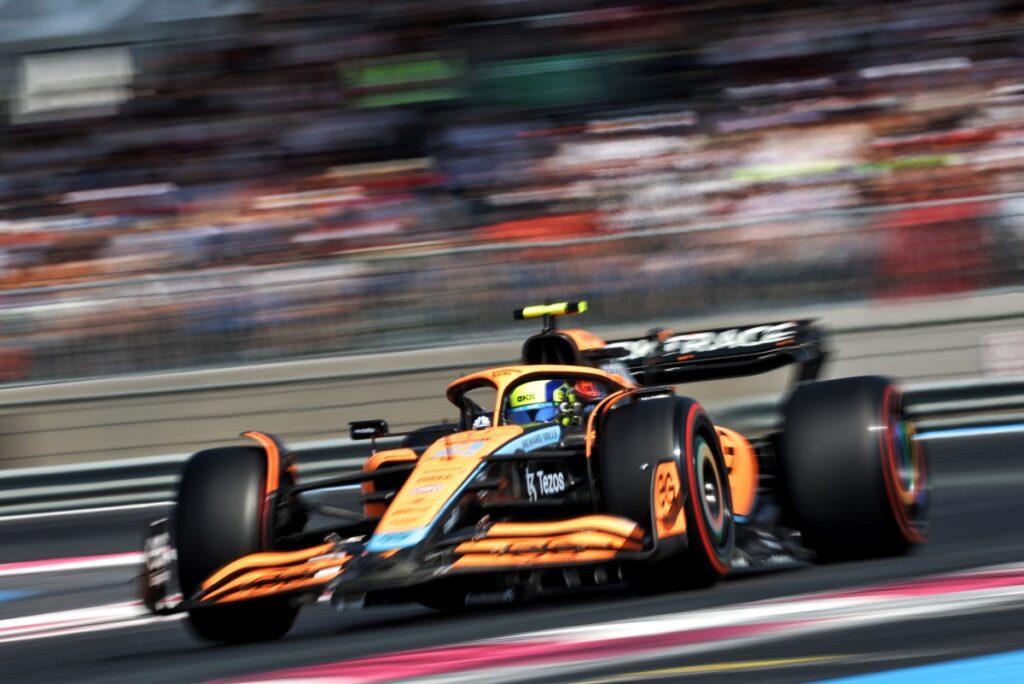
Brown explains how McLaren remained optimistic that the updates in the pipeline would ensure a sizeable step forward despite the criticism levied at the team.
Lando Norris and team-mate Oscar Piastri would utilise McLaren’s renewed competitiveness to log a combined nine podiums, helping the side climb to fourth.
“We were confident but until you put it on the car and it works [you never know],” Brown issued.
“I think what is good is we knew that we weren’t going to be strong immediately so I think it would’ve been a worse situation if we thought we were going to be strong and we weren’t, and we’d be scratching our heads.
“So what that told me was that we knew where we were. We just weren’t where we wanted to be, as opposed to putting stuff on the car and saying: ‘This is going to be good’, and then it is not. So, at least, our data has been accurate.”




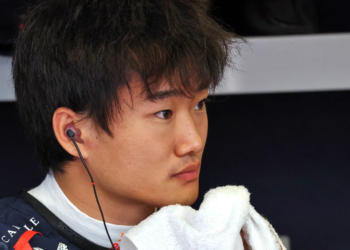
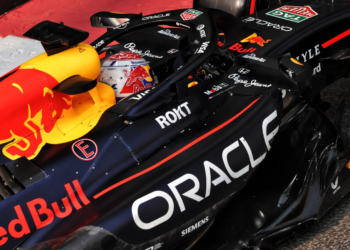


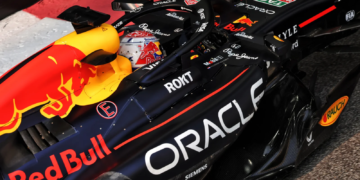
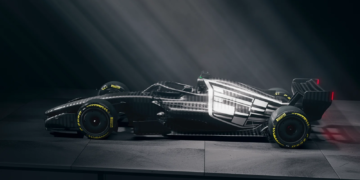
Discussion about this post